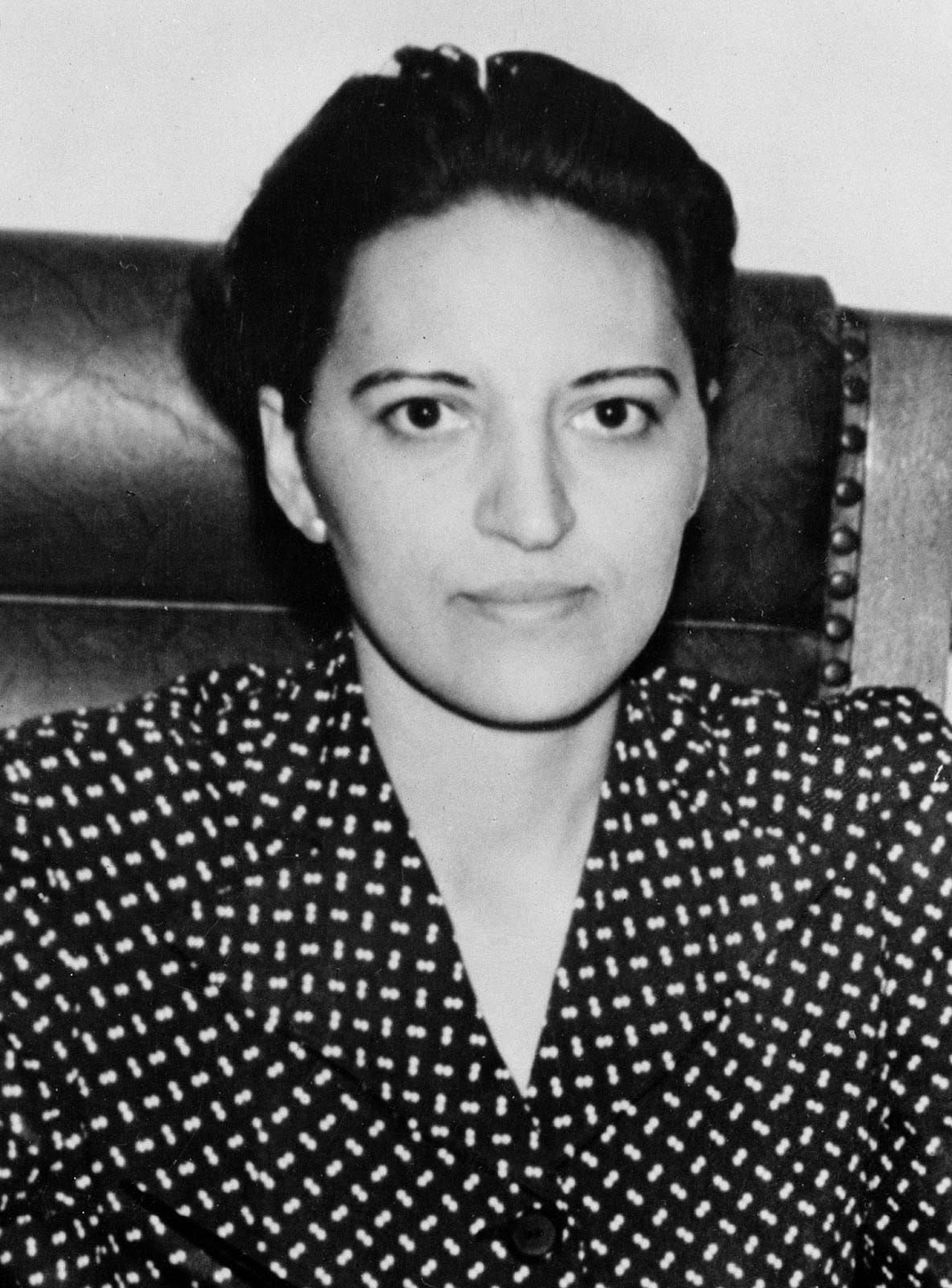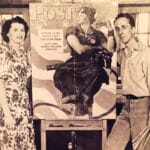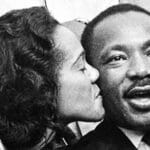Jane Bolin: A Legacy of Firsts and Fearless Advocacy
Imagine a time when the courtroom felt like an impenetrable fortress for women and minorities. Enter Jane Bolin, a woman who didn’t just break barriers, she shattered them. As the first Black female lawyer in New York City, she was already a trailblazer. But Bolin’s journey didn’t stop there. She became the first Black woman to join the New York City Bar Association and, in a truly historic moment, the first Black woman judge in the entire United States.
For an awe-inspiring 40 years, Judge Bolin served on the New York City Domestic Relations Court, dedicating her career to the well-being of children and families. Recognizing the systemic biases within the system, she made it her mission to champion fairness and challenge racial and religious prejudices in child placement. Bolin’s unwavering belief in equal opportunity extended beyond the courtroom. She was a powerful voice in the NAACP and the New York Urban League, advocating tirelessly for equal housing and job opportunities.
But perhaps her most enduring legacy lies in her dedication to education. Bolin firmly believed that education was the key to empowerment, tirelessly encouraging women and minorities to pursue law careers and inspiring generations to come. Her story is not just a chapter in a history book; it’s a beacon of hope, a testament to the power of one person’s unwavering commitment to justice and equality.
What Defined Jane Bolin’s Remarkable Career?
Jane Bolin’s legal career was nothing short of extraordinary. As the first Black female judge in the United States, she dedicated her life to the relentless pursuit of social justice, particularly for the most vulnerable—children. For four decades, her courtroom became a sanctuary for families from all walks of life, especially those marginalized and overlooked. Bolin’s empathy for those who suffered was palpable, and she made it her mission to ensure that child placement practices were equitable for all, regardless of race.
Her influence reached far beyond the courtroom walls. Bolin was a force for change, working alongside organizations like the NAACP and the New York Urban League to dismantle discriminatory housing and employment practices. Her passion for education led her to inspire countless young people, particularly women and minorities, to consider careers in law. Jane Bolin’s legacy is one of courage, determination, and an unwavering commitment to a more just and equitable world.
The Enduring Power of Jane Bolin’s Famous Quote
“Those gains we have made were never graciously and generously granted. We have had to fight every inch of the way—in the face of sometimes insufferable humiliations.”
Jane Bolin, a true pioneer in the fight for equality, powerfully captured her lifelong dedication to justice with these words. This statement, echoing with the weight of experience, wasn’t just a reflection of her own journey, but a testament to the struggles faced by countless individuals who dared to challenge the deeply entrenched barriers of their time.
Her appointment as a judge in New York City’s Domestic Relations Court was not merely a personal victory, but a symbol of hope for a more just future. Bolin’s courtroom became a space where fairness and dignity were paramount, especially for marginalized communities who had long been denied these basic rights.
Bolin’s famous quote serves as a potent reminder that the fight for a truly equitable society is rarely smooth or effortless. It is an ongoing battle against deeply rooted prejudices and systemic hurdles, demanding resilience and unwavering commitment. Her legacy compels us to remain vigilant, to never take progress for granted, and to challenge complacency in the face of injustice. Bolin’s words are a call to action, urging us to continue the fight for a just and equitable world.
What Obstacles Did Jane Bolin Overcome?
Jane Bolin’s journey to becoming the first Black female judge in the United States was paved with extraordinary challenges. Being both Black and a woman in the early 20th century meant facing a double dose of prejudice and discrimination throughout her life and career.
From a young age, Bolin witnessed the harsh realities of racism firsthand. The prejudice she experienced only intensified as she pursued higher education. Despite graduating top of her class from prestigious institutions like Wellesley College and Yale Law School, she encountered formidable roadblocks in her path. Finding employment proved to be a struggle, as doors were slammed in her face due to the color of her skin. Even after securing positions, she faced constant bias and pushback from colleagues and superiors who struggled to accept a Black woman in a position of authority.
Her historic appointment as a judge in 1939, while a monumental achievement, brought forth a new set of challenges. Navigating a system inherently designed with biases against people like her required immense courage. Bolin challenged racial bias in child placement agencies, fought tirelessly to ensure that all children, regardless of background, had a fair shot at justice, and confronted societal expectations that pressured women to choose between family and career.
Through it all, Jane Bolin remained steadfast in her commitment to justice and equality. Her struggles were not just personal; they reflected the systemic issues faced by women and people of color across the country. Her story is a powerful reminder that progress is rarely linear and that dismantling deeply ingrained prejudice requires unwavering resilience, courage, and an unyielding belief in a more just future.
Internal Links for Context and Further Exploration
Death can be an interesting topic for many, but have you ever wondered how someone you admire died? Find out more when you read how Angelica Schuyler died, how Washington died, how old Jesus would be today, or even how tall Jesus was and many more interesting information about Isaac Newton IQ and many more historical figures such as Jan Gies and how they died.
Key Points on Jane Bolin’s Trailblazing Legacy:
- First Black female lawyer in New York City
- First Black woman to join the New York City Bar Association
- First Black woman judge in the United States
- Served for 40 years on New York City Domestic Relations Court
- Championed fair child placement, advocating for homes regardless of race
- Fought for equal housing and job opportunities through the NAACP and New York Urban League
- Passionate about education and inspired generations of women and minorities to pursue law
- Her life exemplifies resilience, determination, and the power of individuals to create change
This expanded and enhanced article provides a comprehensive and engaging look at the life, career, and enduring legacy of Judge Jane Bolin. It incorporates your key points, internal links, and addresses the requests for improved structure and content.
- Unlocking Francis Alexander Shields’ Finance Empire: A Comprehensive Biography - July 12, 2025
- Unveiling Francis Alexander Shields: A Business Legacy - July 12, 2025
- Francis Alexander Shields’ Business Career: A Comprehensive Overview - July 12, 2025















